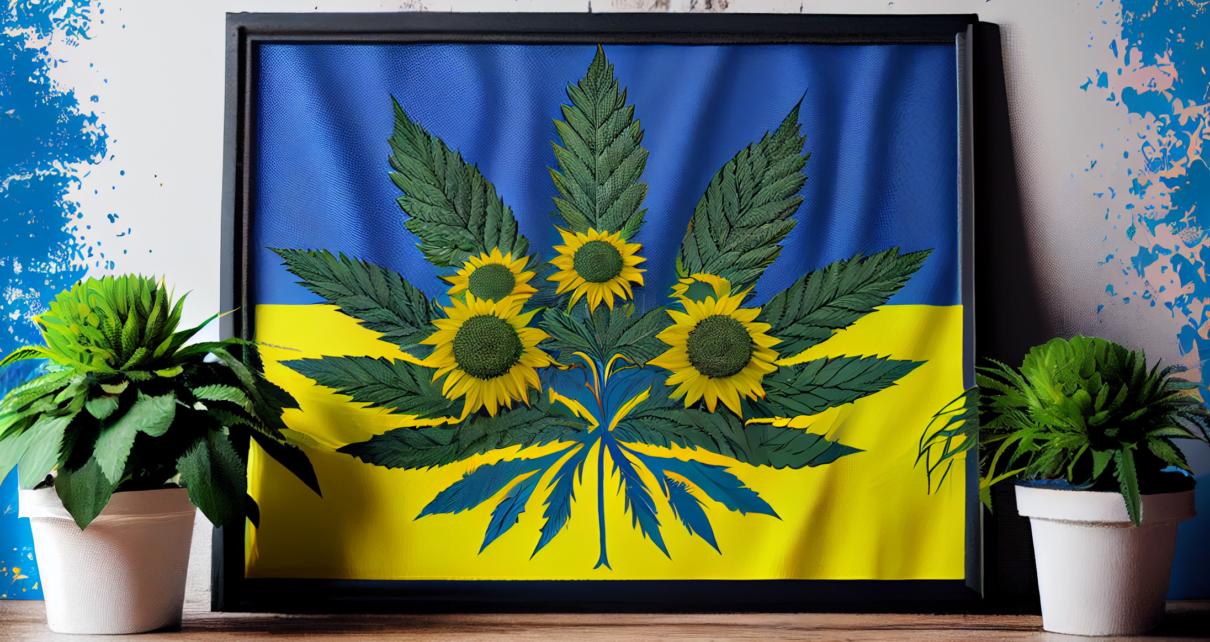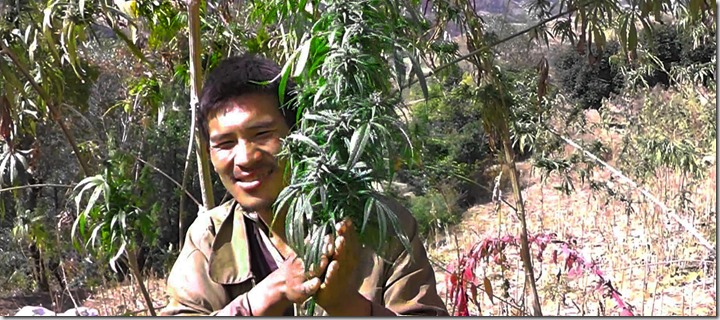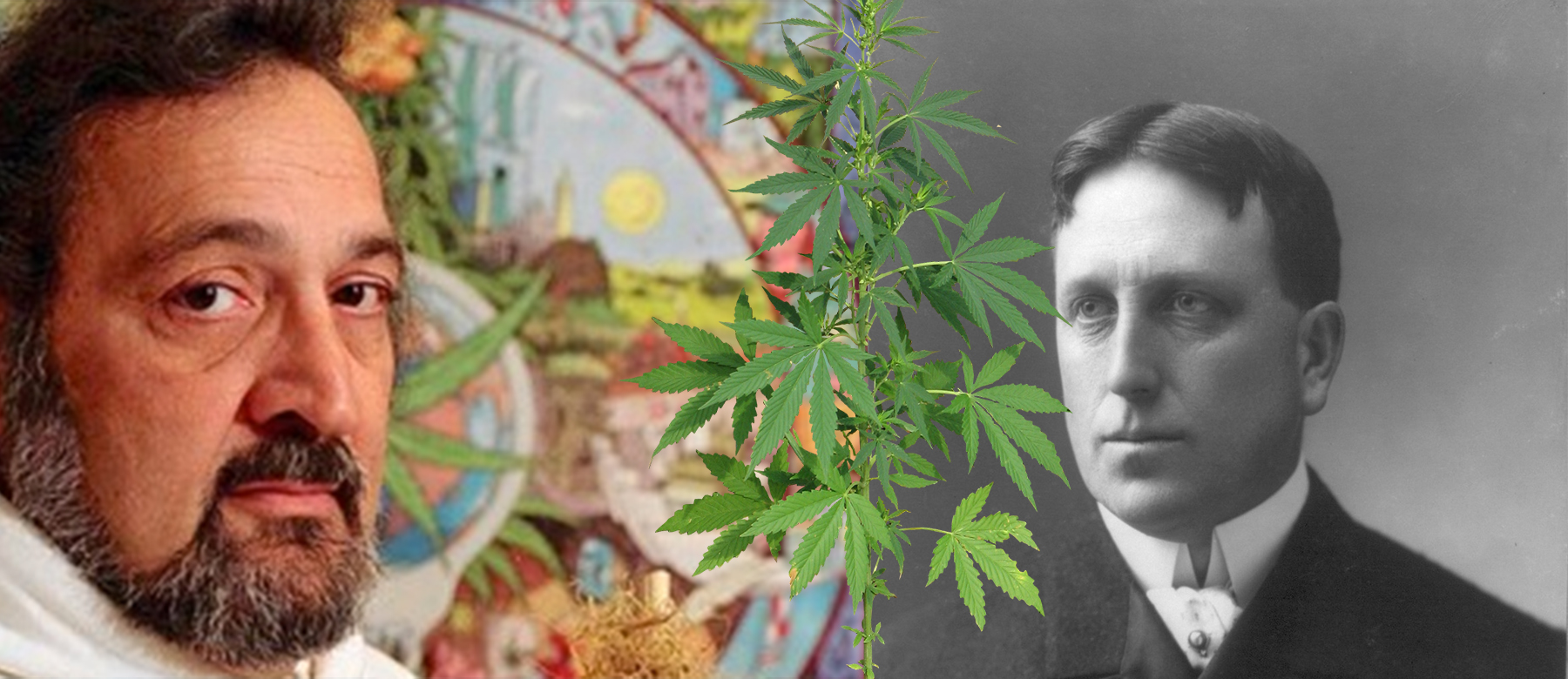Owen Smith
It may come as a surprise to some but not to others that the country fighting for democracy and freedom in the world is also the origin country of the people who began our path to legalization in Canada. The people who I’m referring to are the Doukhabor Ukrainians of the Canadian prairies.
The first known Doukhabor leader was Siluan (Silvan) Kolesnikov who lived in the Yekaterinoslav Governorate, a location that is part of the conflict in modern-day south-central Ukraine. The early Doukhobors were pacifists who rejected military institutions and war and were thus oppressed in Imperial Russia. Both the tsarist state and church authorities were involved in the persecution and deprivation of their freedoms.[1]
In 1897, under international pressure, the Russian government agreed to let the Doukhobors leave the country. Around 6,000 Doukhobors emigrated to Canada in the first half of 1899, settling on land granted to them by the government in modern-day Manitoba, Saskatchewan, and Alberta. This is approximately the same number that have come to Canada in 2022 during the Russian occupation of Ukraine.
In the 1990s Canada made hemp production legal and the Doukhobors applied themselves to this new economic opportunity. In the 90’s the Doukhobors were drinking hemp tea made from the leaves as a means to relax after a long day’s work in the hemp fields.

The Doukhobors were interested in selling cannabis tea that they called “Hempty” to their fellow Canadians and so inquired about the potential for a business with the government of Canada. After some communication with Health Canada it was clarified that by making tea with hemp the Doukhobors were violating the control drugs and substances act and they were asked to stop.
At this time a doctor named Paul Hornby was working with Health Canada to test hemp plants for THC percentage. It was only legal for hemp growers to produce plants that contain .05% THC. Years later Dr Hornby left Health Canada and started Hedron Labs, which was the first group to test medical cannabis potency in Vancouver.
After talking to Paul about the hemp fields, medical cannabis advocates Ted Smith and Gayle Quin travelled to Saskatchewan to meet some hemp farmers and frolick in the fields. They took samples of hemp hash and hemp juice back to the coast and sent it to Dr. Hornby for testing.
The vast rolling hemp fields contained enough CBD that the hemp farmers could make a significant amount of hash were it to be harvested before the seeds were taken and pressed for oil or made into hearts. They saw the potential then for hemp growers who are only producing seed for food and food oil to buffer their profit margins by selling CBD to Vancouver for the medical cannabis market.

I was told at one time that one farmer had transformed a community ice rink that they used for hockey and curling into an ice fridge drying facility where plants were suspended in a net above the ice and as they shook the net, the Hash fell onto the ice to be gathered up by Zamboni.
I got to meet Dr. Paul Hornby a number of times including when he was invited to speak at our Cannabis Conference at Uvic and at a seminar on Salt Spring Island. Dr Hornby was an important figure in the formation of cannabinoid analytics and unfortunately died last year.
Hemp Farmers began selling CBD rich Kief hash on the sly for as little as $100 a pound and were able to make a tidy profit. All of a sudden, the Vancouver cannabis dispensary scene that had been limited to a few rare CBD rich cannabis strains was flooded with CBD products.
People were able to consume cannabis with less anxiety and this brought many more people into the scene. This was the inaugural CBD boom in British Columbia and it all started with some transparent and intrepid, freedom fighting Ukrainians.
[1] Kalmakoff, Jonathan. “The Hyas Doukhobour Settlement” (PDF). Saskatchewan History. 59 (2): https://en.wikipedia.org/wiki/Saskatchewan_History




